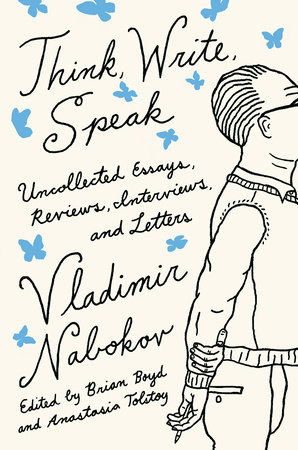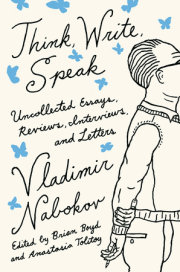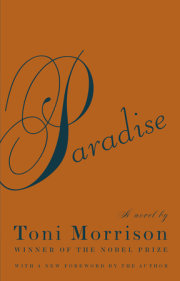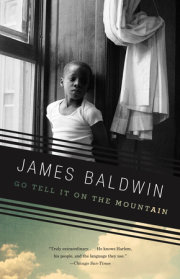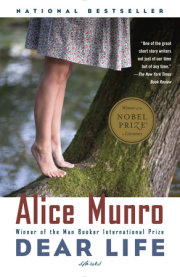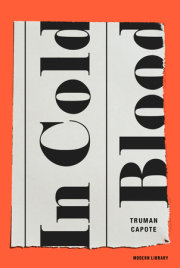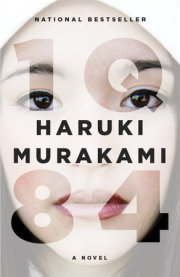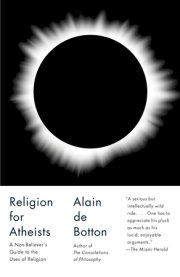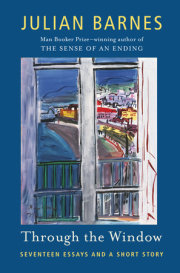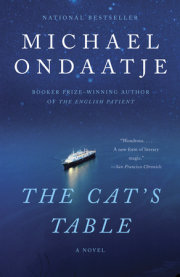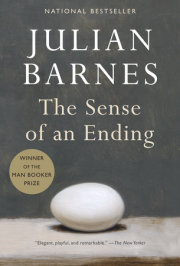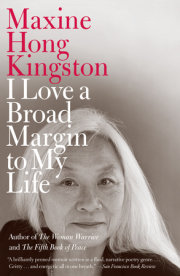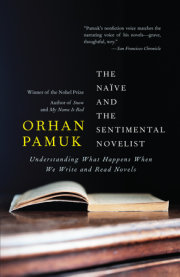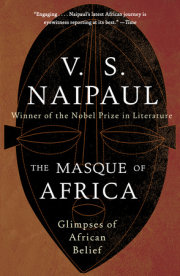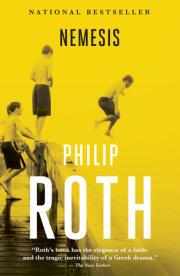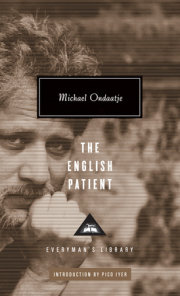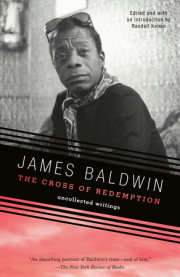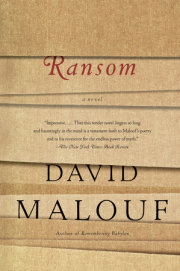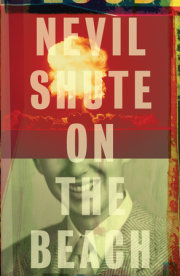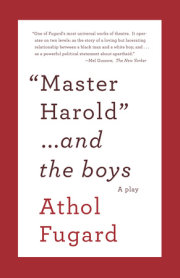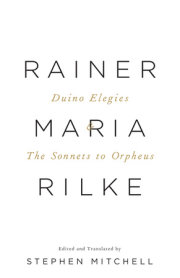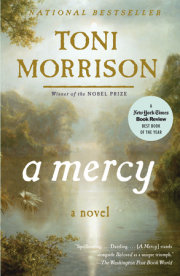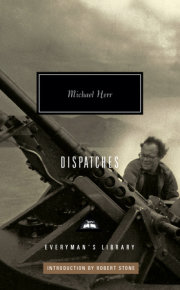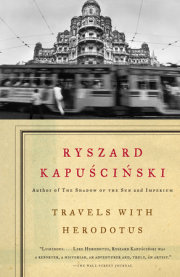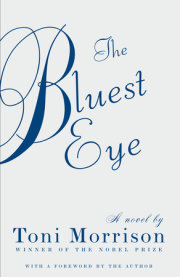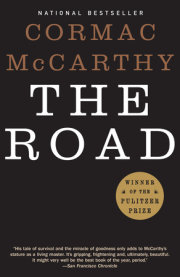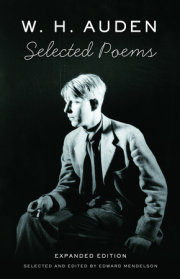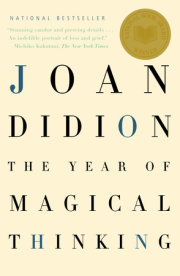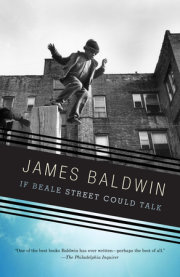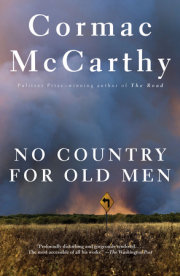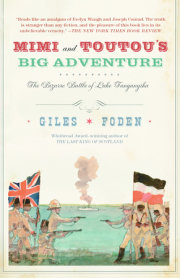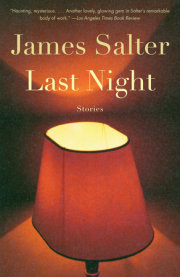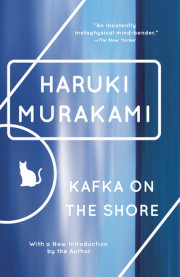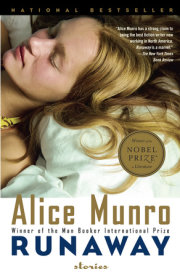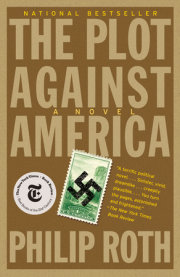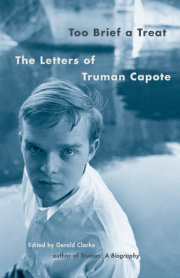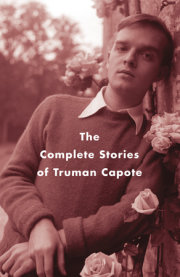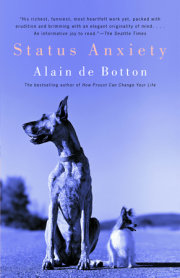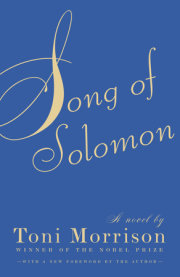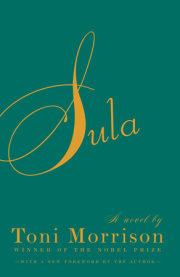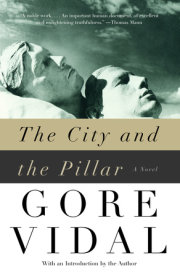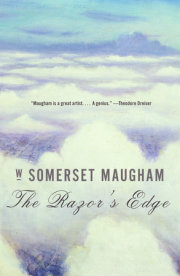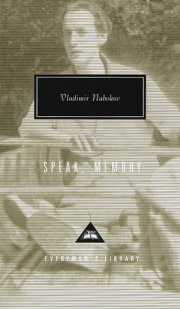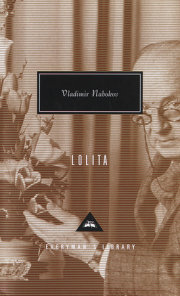1
Cambridge (Essay, 1921)
There’s a lovely saying: abroad, even the stars are tinny. Isn’t that true? Nature may be beautiful overseas, but it is not ours, and we find it soulless and artificial. One needs to gaze at it persistently to begin to feel it and love it, whereas at first something of the greenhouse wafts from the unfamiliar trees, and all the birds seem as if on springs, and the sunset looks no better than a rather dry watercolor. So I felt when I rode into this provincial little English town, where, like a great soul in a small body, an ancient university lives its proud life. The gothic beauty of its numerous buildings (called colleges) stretches gracefully upward; gold clock-faces glow atop precipitous towers; through gaps in age-old gates decorated with stuccoed crests, rectangles of lawn gleam sunnily green; while opposite these very gates modern shopwindows have their multicolored displays, blasphemous as colored-pencil doodles sketched in the margins of a sacred book.
Back and forth along the narrow streets dart bicycles covered in mud, ringing their bells, motorcycles cackle, and, wherever you look, all around swarm the kings of Cambridge town—the students: their dress ties flicker like striped crossing barriers, their extraordinarily crumpled, sinuous trousers flicker in all shades of gray, from whitish and cloud-colored to wild dark-gray trousers wonderfully matching the color of the neighboring walls.
In the mornings, grabbing notebooks and regulation cloaks in a heap, these doughty lads hurry to their lectures, making their way single file into the lecture halls, sleepily listen to the mumblings of a wise mummy on the rostrum, and, awakening suddenly, signal their approval through the pulsating stamping of their feet when, amid the dull flow of academic speech, a flash of wit splashes like a fish. After lunch, pulling on their lilac, green, and blue jackets, they fly off like crows in peacock feathers to the plush fields where balls will thwack until dusk; or to the river, which flows with Venetian languor past the gray and tawny walls and cast-iron lattices—and then Cambridge empties for a while. The burly policeman yawns, leaning against a lamppost, two old women in funny black hats prattle at the crossing, a shaggy dog snoozes in a rhombus of sunlight. . . . By five o’clock everything wakes up again, crowds throng to the tea shops, where toxically bright pastries glisten on every little table like fly-agaric mushrooms.
Sometimes I sit in a corner and look out on all of these smooth, no doubt very pleasant faces, but somehow always reminding me of a shaving soap advertisement, and then I suddenly become so bored, so weary, that I almost want to howl to break the windows. . . .
There’s a kind of glass wall between them and us Russians. They have their own round and solid world, like a scrupulously colored-in globe. Their souls lack that inspired whirlwind, that throb, that radiance, that dancing frenzy, that anger and tenderness, which carries us, God knows, to what heavens and what abysses. We have moments when the clouds are on our shoulders, the sea knee-high—and our souls roam free! To an Englishman this is incomprehensible, novel, perhaps even alluring. If he does get drunk and riotous, his riotousness is banal and hearty, so that even the observers of order look at him and simply smile, knowing he will never cross a certain line. And on the other hand, not even the headiest drunkenness will make him flow with feeling, bare his chest, throw his hat on the ground. . . . At any time signs of frankness jar him. You might be speaking to a friend about this or that, about strikes and steeplechases, when you ingenuously blurt out that you feel you’d give every drop of blood to see again some bog near Petersburg—but to utter such thoughts is indecent; he’ll look at you as if you’d whistled in church.
It turns out that in Cambridge there’s a whole list of the simplest things that by tradition a student must not do. You shouldn’t, for example, take a rowboat on the river—hire a punt or raft; you shouldn’t wear a hat in the street—the city is ours after all, there’s no need to stand on ceremony; you shouldn’t shake people’s hands, and God forbid you greet a professor—he’ll only smile confusedly, mumble something, stumble. There is no shortage of these rules, and a newcomer will inevitably put his foot in it from time to time. If a wild foreigner nonetheless behaves in his own way, at first people will marvel at him—what an oddball, a barbarian—but then they will start to avoid him, to not recognize him on the street. Sometimes, it is true, a kind soul with a weakness for exotic creatures will come your way, but he will only approach you in a secluded spot, fearfully looking around him, and, having satisfied his curiosity, will disappear forever. This is why, at times, your heart swells with sorrow, feeling that it won’t find a true friend here. And then everything seems dull: the eyeglasses of the nimble old woman whose room you rent, and the room itself, with its dirty-red sofa, gloomy fireplace, absurd little vases on their absurd little shelves, and the sounds rising from the street, the cry of the newspaper boys: Paypa! Paypa! . . .
But one can get used to anything, adapt, and learn to notice beauty in what’s strange. Wandering on a smoky spring evening around the town, becalmed, you sense that there exists, beyond the speckle and bustle of our life, an altogether different life in Cambridge, the life of beguiling bygones. You know its large, gray eyes pensively and dispassionately look upon the caprices of a new generation, just as a hundred years ago they looked upon that limping, effeminate student Byron, and on his tamed bear, who remembered all too well his native pine forest and that cunning little peasant in fabled Muscovy.
Eight centuries have flown by: the Tatars swooped down like locusts; Ivan thundered; turmoil stirred across old Rus’, like a portentous dream; and then new tsars rose up like golden mists; Peter toiled, hacked with abandon and emerged from the forest into the great wide world;—and here all the while these walls, these towers, stood immutable. And in just the same way, year in, year out, smooth-faced youths gathered to the chiming of the bells in the dining halls, where, just as today, rays of light would stream through the stained glass of the high windows, daubing the tiles with pale amethysts, and these youths would joke around in just the same way, except perhaps that their talk would be fierier, their beer headier. . . . I think about this, as I stroll along the hushed streets on a smoky spring evening. I come out onto the river. I stand for a long time on a little pearl-gray arched bridge, and not far off, another little bridge just like it forms a complete circle with its crisp, charming reflection. Weeping willows, old elms, festively luxuriant chestnut trees rise up here and there, as though embroidered in green silk on the canvas of a fading and tender sky. It smells faintly of lilacs and slimy water. . . . And now bells begin to chime through the whole city. . . . Round, silvery sounds, distant, near, drift by, intercrossing in the sky; and, having hung like a magic net above the crenellated towers for a few moments, they disperse, melt lingeringly, near, distant, into the narrow, misty lanes, into the beautiful night sky, into my heart. . . . And, gazing at the tranquil water, where subtle reflections bloom like designs on porcelain, I begin to think still more deeply, about much, about the whims of fate, about my homeland, and about the fact that my best memories grow older every day, and so far nothing can replace them. . . .
2
Rupert Brooke (Essay, 1921)
I watched them; I admired them for a long time; barely flashing, they swam, swam tirelessly back and forth behind the glass barrier, in the haze of the still water, pale green, like slumber, like eternity, like the inner world of a blind man. They were huge, round, colorful: their porcelain scales seemed as if painted in bright colors by a meticulous Chinaman. I looked upon them as in a dream, spellbound by the mysterious music of their flowing, delicate movements. In between these gently shimmering giants darted multicolored fry—tiny specters, reminiscent of the softest butterflies, the most translucent dragonflies. And in the half-gloom of the aquarium, as I watched all these fantastical fish, gliding, breathing, staring wide-eyed into their pale-green eternity, I recalled the cool, meandering verses of the English poet who sensed in them, in these supple, iridescent fish, a profound symbol of our existence.
Rupert Brooke . . . This name is not yet known on the Continent, let alone in Russia. Rupert Brooke (1887–1915) is represented by two slim volumes, in which around eighty poems are collected. His work has a rare, captivating quality: a kind of radiant liquidity—not for nothing did he serve in the navy, not for nothing does his very name mean “brook” in English. This Tyutchev-like love for everything streaming, burbling, brightly chilled, is so strikingly, so convincingly expressed in most of his poems that you want not to read them, but, rather, to suck them up through a straw, to press them to your face like dewy flowers, to lower yourself into them as into the freshness of an azure lake. For Brooke, the world is a watery deep, “A fluctuant mutable world and dim, / Where wavering masses bulge and gape / Mysterious. . . . The strange soft-handed depth subdues / Drowned colour there, but black to hues, / As death to living, decomposes— / Red darkness of the heart of roses, / Blue brilliant from dead starless skies, / And gold that lies behind the eyes, / The unknown unnameable sightless white / That is the essential flame of night, / Lustreless purple, hooded green, / The myriad hues that lie between / Darkness and darkness.” And all of these colors breathe and stir, producing those scaly creatures that we call fish; and thus, through his subtly eerie poems, the poet conveys all the tremble of their lives.
Fish (fly-replete, in depth of June,
Dawdling away their wat’ry noon)
Ponder deep wisdom, dark or clear,
Each secret fishy hope or fear.
Fish say, they have their Stream and Pond;
But is there anything Beyond?
This life cannot be All, they swear,
For how unpleasant, if it were!
One may not doubt that, somehow, Good
Shall come of Water and of Mud;
And, sure, the reverent eye must see
A Purpose in Liquidity.
We darkly know, by Faith we cry,
The future is not Wholly Dry.
Mud unto mud!—Death eddies near—
Not here the appointed End, not here!
But somewhere, beyond Space and Time,
Is wetter water, slimier slime!
And there (they trust) there swimmeth One
Who swam ere rivers were begun,
Immense, of fishy form and mind,
Squamous, omnipotent, and kind;
And under that Almighty Fin,
The littlest fish may enter in.
Oh! never fly conceals a hook,
Fish say, in the Eternal Brook,
But more than mundane weeds are there,
And mud, celestially fair;
Fat caterpillars drift around,
And Paradisal grubs are found;
Unfading moths, immortal flies,
And the worm that never dies.
And in that Heaven of all their wish,
There shall be no more land, say fish.
In this poem, in this trembling drop of water, the essence of all earthly religions is reflected. And Brooke is himself a “dreaming fish” when, cast on a tropical island, he promises his Hawaiian sweetheart the perfection of a land beyond the clouds: “There the Eternals are, and there / The Good, the Lovely, and the True, / And Types, whose earthly copies were / The foolish broken things we knew; / There is the Face, whose ghosts we are; / The real, the never-setting Star; / And the Flower, of which we love / Faint and fading shadows here; / Never a tear, but only Grief; / Dance, but not the limbs that move; / Songs in Song shall disappear; / Instead of lovers, Love shall be. . . .” But then, suddenly coming to, the poet exclaims: “How shall we wind these wreaths of ours, / Where there are neither heads nor flowers? / Oh, Heaven’s Heaven!—but we’ll be missing / The palms, and sunlight, and the south; / And there’s an end, I think, of kissing, / When our mouths are one with Mouth. . . . / Hear the calling of the moon, / And the whispering scents that stray / About the idle warm lagoon. / Hasten, hand in human hand, / Down the dark, the flowered way, / Along the whiteness of the sand, / And in the water’s soft caress, / Wash the mind of foolishness, / Mamua, until the day. / Spend the glittering moonlight there / Pursuing down the soundless deep / Limbs that gleam and shadowy hair, / Or floating lazy, half-asleep. / Dive and double and follow after, / Snare in flowers, and kiss, and call, / With lips that fade, and human laughter / And faces individual. . . .”
No other poet has so often, and with such heartrending and artistic acuity, looked into the twilight of the beyond. In trying to imagine it, he moves from one conception to the next with the fevered haste of a man looking for matches in a darkened room while someone knocks menacingly at his door. One minute it seems to him that, having died, he will wake up on a “long livid oozing plain / Closed down by the strange eyeless heavens” and see himself as “An unmeaning point upon the mud; a speck / Of moveless horror; an Immortal One / Cleansed of the world, sentient and dead; a fly / Fast-stuck in grey sweat on a corpse’s neck,” while in the next he foresees infinite bliss. That presentiment pulsates most ardently in his poem “Dust.”
Here it is in its Russian translation:
Kogda, pogasnuv, kak zarnitsy,
uydya ot dal’ney krasoty,
vo mgle, v nochi svoey otdel’noy,
istleyu ya, istleesh’ ty. . . .
When the white flame in us is gone,
And we that lost the world’s delight
Stiffen in darkness, left alone
To crumble in our separate night;
When your swift hair is quiet in death,
And through the lips corruption thrust
Has stilled the labour of my breath—
When we are dust, when we are dust!—
Not dead, not undesirous yet,
Still sentient, still unsatisfied,
We’ll ride the air, and shine, and flit,
Around the places where we died,
And dance as dust before the sun,
And light of foot, and unconfined,
Hurry from road to road, and run
About the errands of the wind.
And every mote, on earth or air,
Will speed and gleam, down later days,
And like a secret pilgrim fare
By eager and invisible ways,
Nor ever rest, nor ever lie,
Till, beyond thinking, out of view,
One mote of all the dust that’s I
Shall meet one atom that was you.
Then in some garden hushed from wind,
Warm in a sunset’s afterglow,
The lovers in the flowers will find
A sweet and strange unquiet grow
Upon the peace; and, past desiring,
So high a beauty in the air,
And such a light, and such a quiring,
And such a radiant ecstasy there,
They’ll know not if it’s fire, or dew,
Or out of earth, or in the height,
Singing, or flame, or scent, or hue,
Or two that pass, in light, to light,
Out of the garden, higher, higher. . . .
But in that instant they shall learn
The shattering ecstasy of our fire,
And the weak passionless hearts will burn
Copyright © 2019 by Vladimir Nabokov. All rights reserved. No part of this excerpt may be reproduced or reprinted without permission in writing from the publisher.

